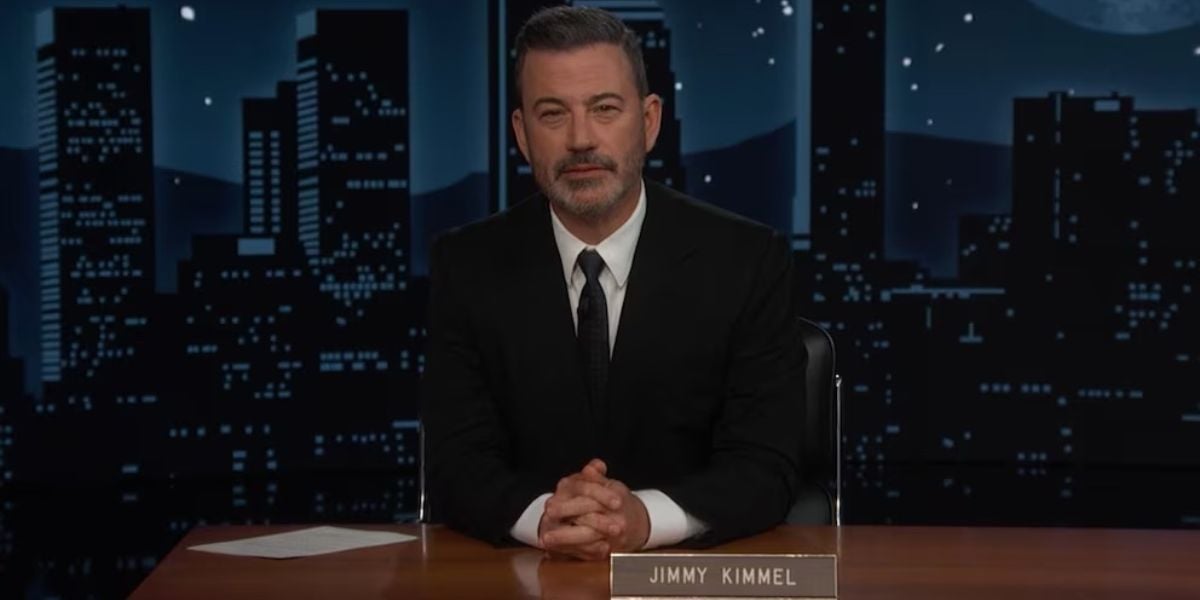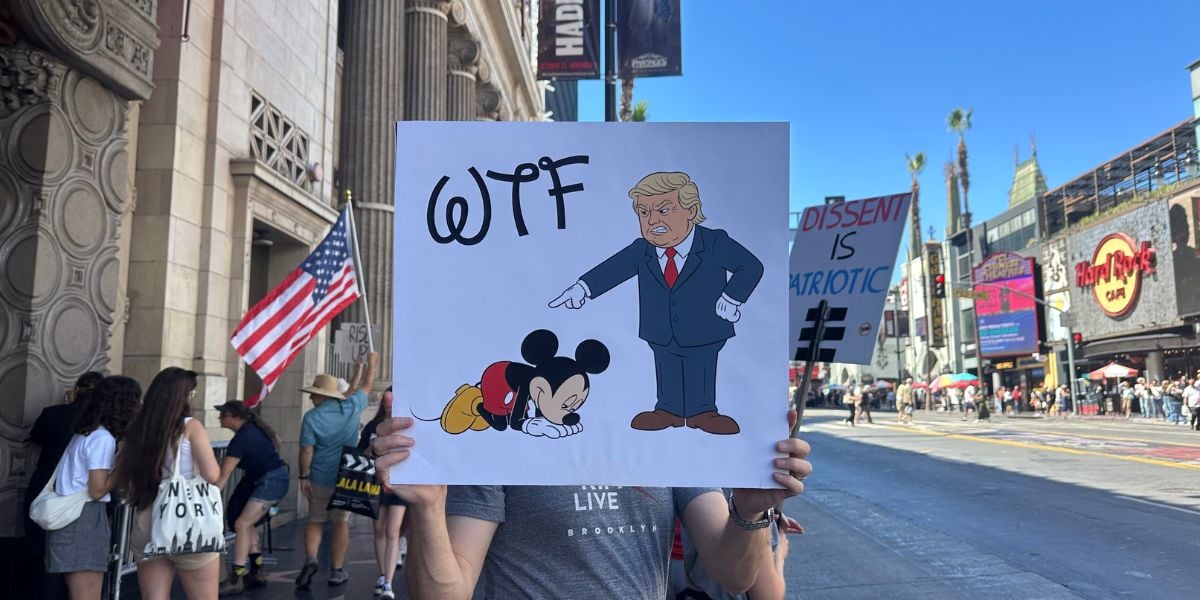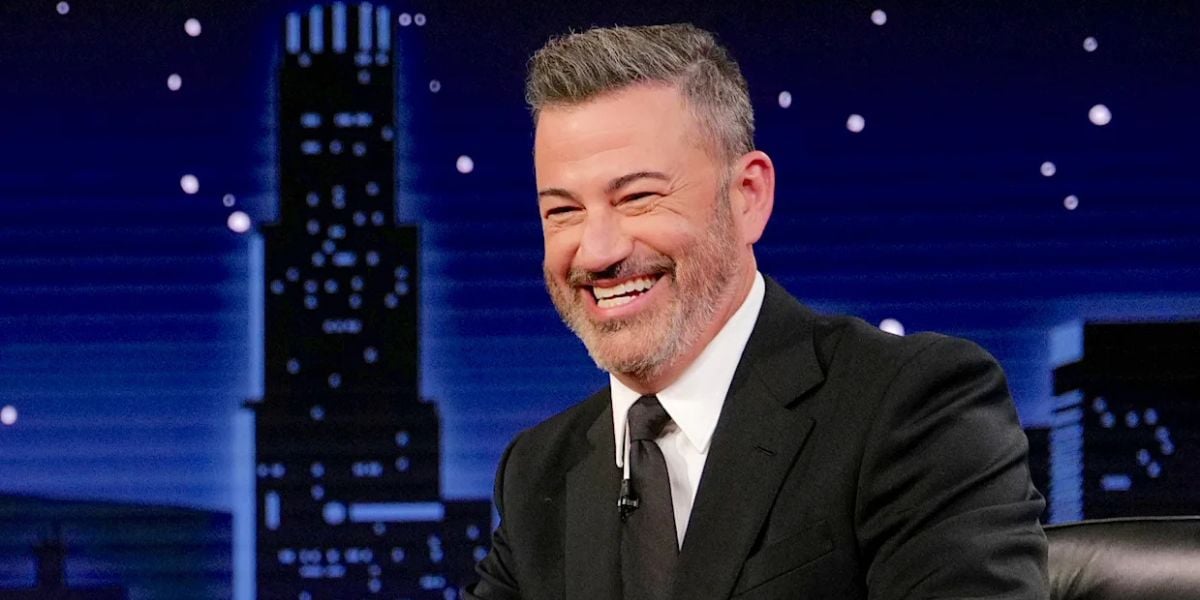Breaking: The Largest Owner of ABC Affiliates Won’t Air Jimmy Kimmel’s Return on Tuesday
Sinclair’s Decision to Preempt Kimmel’s Show
Sinclair Broadcast Group, the largest owner of ABC affiliates in the United States, has announced it will not air Jimmy Kimmel’s return episode on Tuesday. Instead, the group plans to replace Kimmel’s late-night show with news programming. This decision follows discussions between Sinclair and Disney regarding Kimmel’s controversial remarks, which have heightened tensions between the two companies. Sinclair described these talks as “ongoing,” indicating potential for further negotiation or conflict over Kimmel’s role on the network.

Sinclair’s justification for the programming change revolves around Kimmel’s prior comments, which the group has deemed “inappropriate.” While Jimmy Kimmel is set to return after a brief suspension, Sinclair’s preemption signifies the complexity of current relationships in the broadcasting landscape. It reflects their commitment to maintaining specific editorial standards.
Background on Kimmel’s Suspension
The origin of Kimmel’s suspension can be traced back to remarks he made that resulted in backlash from conservative factions, drawing scrutiny from Federal Communications Commission (FCC) Chairman Brendan Carr. Carr publicly urged broadcasters to “stop airing Kimmel’s show,” suggesting that his comments were divisive and inconsistent with family-friendly broadcasting. His remarks instigated a swift reaction from Nexstar, the country’s largest station group owner, which announced its decision to remove Kimmel from its programming shortly after the FCC chairman’s comments.

Nexstar’s rapid response underscored the significant pressure on Disney to distance itself from Kimmel. Executives within Disney and affiliated stations convened to discuss the controversy, and many expressed the view that Kimmel had not crossed any lines. However, the fears of losing viewership and facing repercussions from FCC threats prompted a reconsideration of Kimmel’s standing with the network.
Disney’s Response to Pressure
Initially, Disney supported Kimmel, showing a commitment to stand by their late-night host.
However, following significant backlash, which included protests and cancellations of Disney’s streaming services by concerned viewers, the company chose to suspend Kimmel. This decision marked a notable shift, as Disney sought to navigate the treacherous waters of public opinion and corporate influence.

The backlash against Disney did not go unnoticed. The American Civil Liberties Union (ACLU) intervened, sending a letter signed by 400 actors, including notable figures like Tom Hanks, defending Kimmel’s actions as a matter of free speech. This involvement highlights the broad implications of Disney’s decision to bow to external pressures, igniting debates around media censorship and artistic expression.
Implications for ABC Affiliates
Sinclair Broadcast Group’s conservative leanings and control over a substantial number of ABC affiliates continue to influence programming decisions significantly. With 294 stations across the U.S., Sinclair’s directives hold considerable weight in the broadcasting landscape. The decision to exclude Kimmel’s show on potentially critical nights, such as the show’s return, raises concerns regarding editorial independence versus corporate interests.

As Sinclair remains firm in its stance, there are questions regarding the long-term implications for Kimmel’s role in late-night television. The preemption may create ripples for Kimmel and Disney, as it seeks to balance its affiliations with public perception. The broader impact on ABC affiliates may entail changing audience dynamics, as the politicization of programming becomes increasingly prevalent.
The tension exemplified by Sinclair’s actions suggests a challenging path for Kimmel, Disney, and their affiliates. As discussions continue, Kimmel’s future on ABC remains uncertain, and the media industry watches closely to see how this evolving situation will ultimately unfold.






Easy solution: pull all programming and sue them for contract violations.